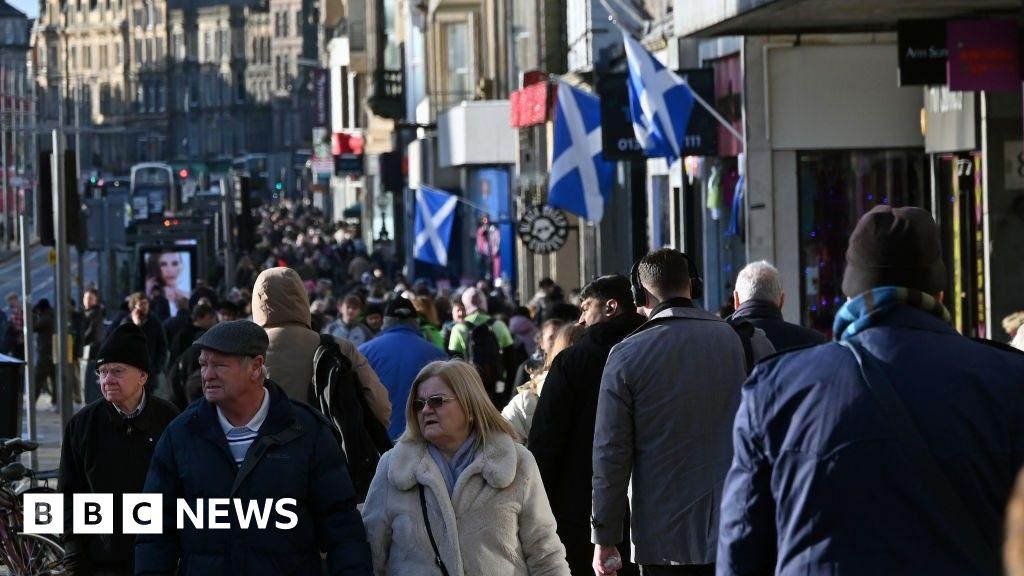The crushing loss means the SNP will lose its position as Britain’s third-biggest party.
London:
Scotland’s pro-separatist Scottish National Party was virtually wiped out at the UK general election on Friday, suffering a devastating blow to its withering independence movement.
Keir Starmer’s Labour Party overturned more than a decade of SNP domination by winning a majority of Scottish seats as it rode to power in Westminster.
The SNP lost dozens of lawmakers as it headed for its worst result in a British general election since 2010, with senior MP Stephen Flynn, who held his seat, lamenting a “black night” for his party.
Labour sealed its comeback in its former heartland when it passed the 29-seat threshold to become the largest party in the country shortly after 5:30 am (0430 GMT).
A BBC exit poll predicted that the SNP would win only eight constituencies in Scotland, down from the 48 it won at the last election in 2019, when Labour returned just one Scottish MP.
The crushing loss means the SNP will lose its position as Britain’s third-biggest party, which brings a high-profile slot during the weekly Prime Minister’s Questions session in parliament.
It will also lose out on public funding and key positions on parliamentary select committees.
“There will have to be a lot of soul-searching as a party as a consequence of these results that have come in tonight,” SNP leader John Swinney admitted to the BBC.
Ex-SNP leader and former Scottish leader Nicola Sturgeon said the prediction was “at the grimmer end of the expectations” for her party, which had been tipped to endure a chastening performance.
“This is seismic for Labour. There’s no getting away from that, it’s a massive achievement for Keir Starmer,” she said, as Labour was tipped to win 410 seats and secure a majority of 170 in Britain as a whole.
Finance scandal
The SNP has dominated in Scotland in the last three UK elections, peaking with the 2015 vote when it won 56 seats out of 59 seats. In 2010, it got only six seats.
But the party has been under pressure from the resurgence of Labour in its former fiefdom north of the English border, as it rides a wave of displeasure against the Tories nationwide.
The SNP was overtaken by the centrist Liberal Democrats in party size and fighting to stop Nigel Farage’s right-wing upstarts Reform UK from pushing it down to fifth position at Westminster.
The SNP has been in turmoil for months as voters tire of its 17 years in charge of the devolved Scottish parliament in Edinburgh.
Critics have also accused it of focusing on independence at the expense of key issues such as the cost-of-living crisis, education and health.
Support for the SNP has also slumped amid a finances scandal that saw Sturgeon’s husband, Peter Murrell, charged with embezzlement. Murrell is the party’s former chief executive.
Sturgeon herself was arrested, but released without charge.
Swinney only took charge in May following the resignation of Humza Yousaf after the collapse of the SNP’s power-sharing deal with the Scottish Greens in Edinburgh.
Yousaf was in power for just over a year.
Swinney had pledged to push for fresh talks on another independence referendum if the SNP had won a majority of seats in Thursday’s vote.
Labour and the Conservatives insist the issue was dealt with at the 2014 referendum when 55 percent of voters in Scotland opted to remain part of the UK.
Despite the SNP’s slump, the number of Scots favouring independence has held at around 40 percent, according to surveys, providing the SNP with some solace.
(Except for the headline, this story has not been edited by NDTV staff and is published from a syndicated feed.)











